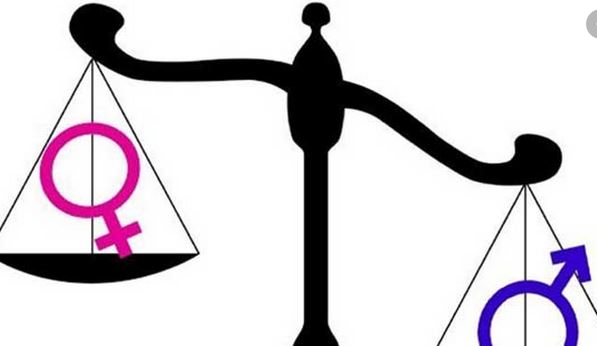×
The Standard e-Paper
Join Thousands Daily

The Corona virus has devastated many economic and health care systems around the world. Kenya like many other developing countries has a fragile and underdeveloped health care system.